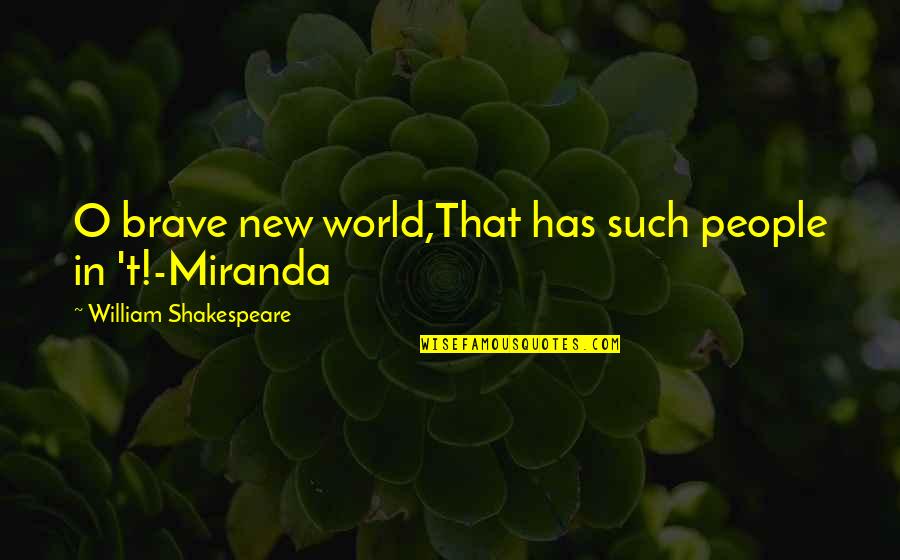

This process often occurs in the name of security or peace, yet such actions inevitably lead to the destruction of everything that is good in a society such as freedom or creativity. In Brave New World, Huxley critiques modern governmental institutions whose power has slowly crept into the lives of ordinary people. Such works take an instance of injustice or perceived ill in a society and take those situations to what would be their logical ends. Both told of a future society in which governments had complete dictatorial control over people, while state control and conformity replaced the freedoms of modern life and a person's right to the pursuit of happiness.ĭystopian novels such as Brave New World are critiques of modern institutions. Huxley's Brave New World and George Orwell's 1984 were two of the first modern dystopian novels. DystopiaĪ dystopia is a kind of science fiction, or fantasy, world that predicts the future in a negative light. This is, of course, important for maintaining the structured and controlled environment of Huxley's dystopia, but it also produces human beings who simply do what they have been taught and have no reason to think on their own. Consumption becomes so important to the society that all of a person's energy and reason is put into activities of work and play that consume goods that in turn keep the economy running. However, such reliance upon commodification also blunts any attempt at original thought. Thus, the society's economy will remain stable.

This modification in turn means that everyone who makes such goods or provides such services will be able to stay employed. In the novel, society modifies human behavior so that people will seek to consume goods and services as much as possible.
Brave new world quotes and analysis series#
In recent years dystopian novels have exploded in popular, with young adult books like Suzanne Collin’s The Hunger Games and Veronica Roth’s Divergent being expanded into incredibly successful series and film franchises.Huxley views commodified society as a detriment to human creativity. In its focus on the evils of totalitarianism and the use of technology to support these evils, Brave New World most closely resembles George Orwell's 1984, whose dystopia enforces conformity through methods like surveillance and torture.
Brave new world quotes and analysis free#
Brave New World is a dystopian novel, which extrapolated from the rise of technology, science, and totalitarianism in the 1930s to imagine a future totalitarian state in which humanity had been robbed of all free choice and were forced into happiness through the manipulation of genetics and psychology. In addition, a number of writers wrote dystopian novels, in which they imagined the worst possible society, using it to criticize their current world. But Utopia was the book that gave the genre its name, and numerous writers over the years wrote their own utopian novels. Utopia was not the first book to imagine a perfect society Plato's Republic, for example, does the same thing. Its title meant either "good place" or "no place," in Greek, and the book described an ideal society that More used in order to criticize his own society. In 1516, Sir Thomas More published a book called Utopia. In 1963, the same year he died, Huxley published his last book, Island, which depicted a utopia in contrast to the dystopia of Brave New World. His attempt to write screenplays failed, but he developed an interest in hallucinogenic drugs that led to a book about his drug experiences, The Doors of Perception.


As war loomed in Europe, Huxley, a pacifist, moved to California, along with his wife, Maria, and their son, Matthew. Huxley published Brave New World, his most successful novel, in 1932. He wrote prolifically throughout the 1920's, publishing numerous essays, sketches, caricatures, and four novels. Though his hopes of a medical career were dashed when an eye disease almost blinded him at 16, he soon built a career as a writer. He attended Eton and Oxford and was skilled and knowledgeable in both literature and science. Huxley was a thoughtful, imaginative child, though his family teased him for his grumbling disposition. Huxley’s father was the editor of Cornhill magazine, while his mother was related to the English poet Matthew Arnold. His grandfather, a biologist, was instrumental in popularizing Darwin's theory of evolution. Aldous Huxley was born into a family of noted scientists and writers.


 0 kommentar(er)
0 kommentar(er)
